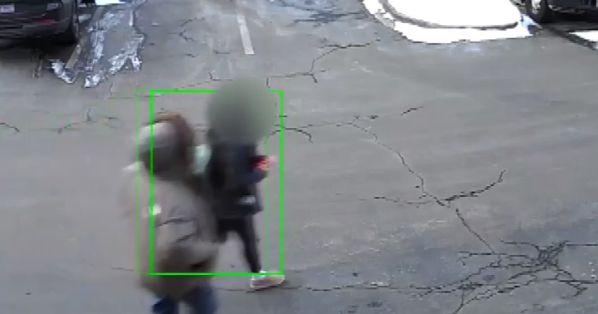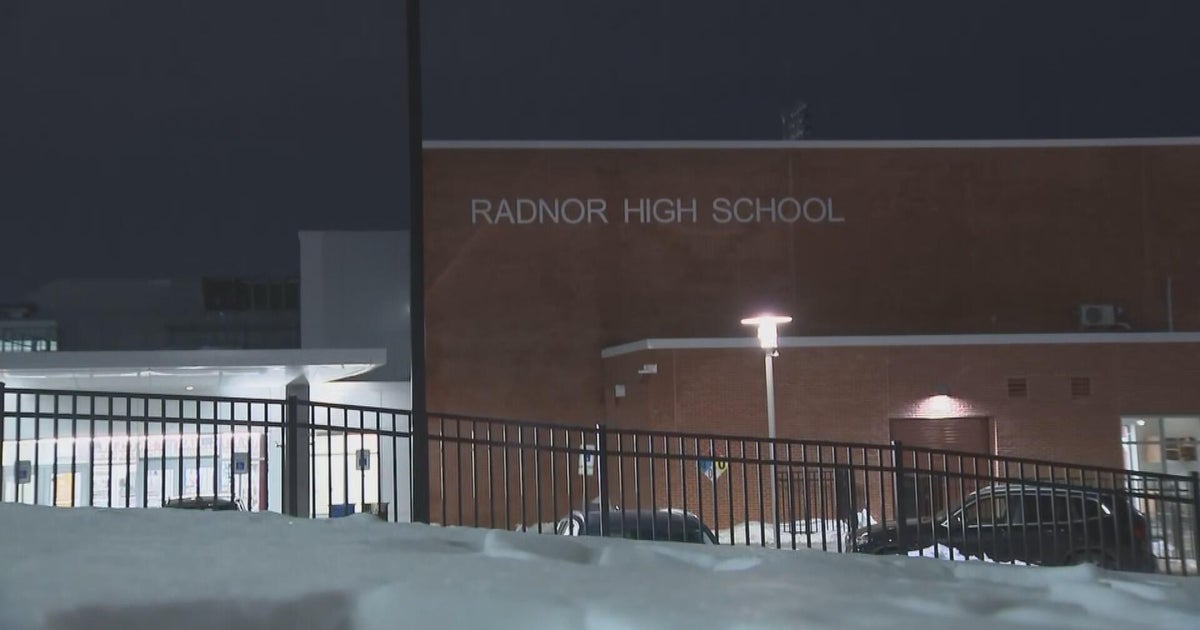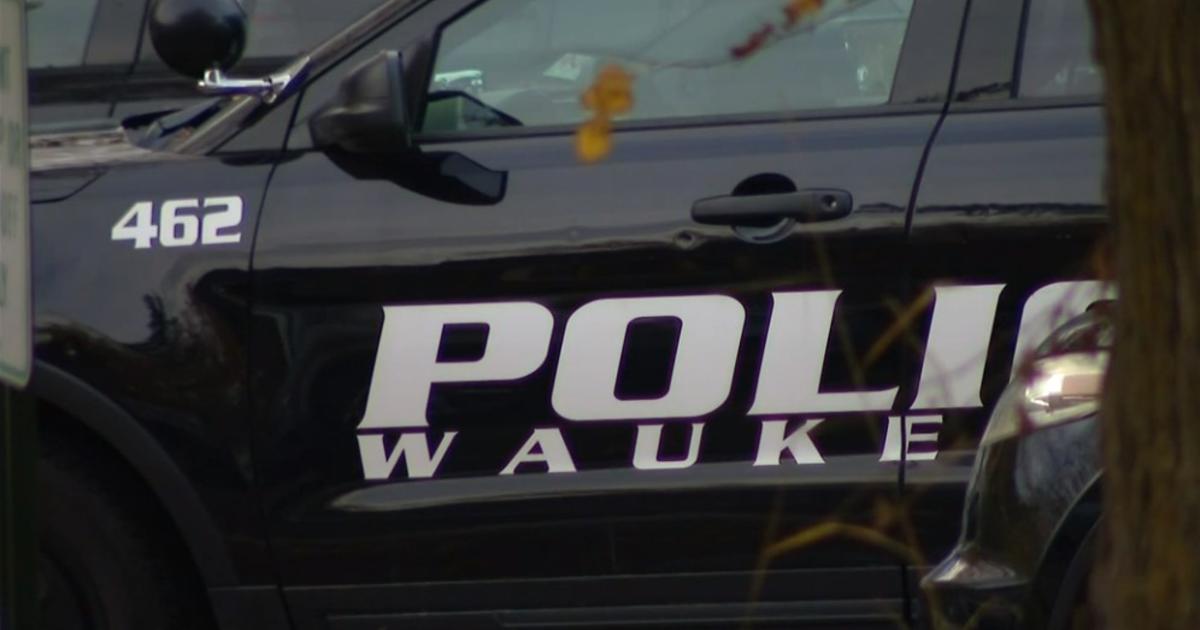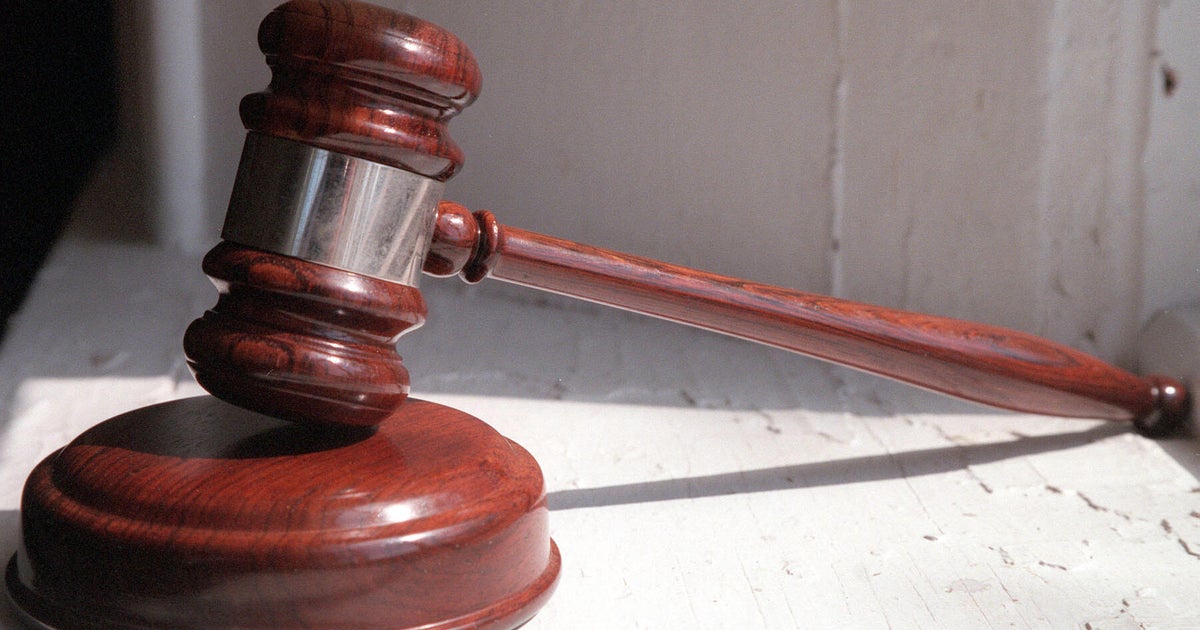New York's Clean Slate Act is in effect. Here's what it means for people with criminal records.
NEW YORK — The Clean Slate Act, a new law that just took effect, wipes criminal records clean for millions of people in New York.
State criminal records are now automatically sealed under certain background checks for almost 2.5 million New Yorkers. The law states misdemeanors get sealed three years after sentencing or release and felonies after eight years.
It officially took effect Saturday.
Any cases with ongoing criminal charges, probation or parole are not be eligible. Sex crimes, murder and other serious non-drug related felonies remain public. The law does not apply to federal crimes or convictions in other states.
Police investigations, legal proceedings and employers in sensitive industries or fields can still access sealed records under the new law.
In a statement Saturday, Gov. Kathy Hochul said in part, "Starting today, individuals who have paid their debt to society, stayed out of the criminal justice system and are looking for a fresh start will begin to benefit from this landmark legislation."
Supporters say it will fill jobs and help the economy, but not everybody thinks it's a good idea.
"There has to be redemption"
Officials say the law opens doors for employment opportunities.
"Of sealing conviction records for individuals who have served their time, paid their dues, remained out of trouble and who want to be a part of our local economy," said state Sen. Zellnor Myrie.
Bronx resident Dion Johnson says after serving almost four years in prison and parole after that, he still felt like he was paying for his past mistakes.
"I went through that whole process, all that trauma, right? And paid the price," he said.
Two years ago, a background check showed he went to jail for possession of an illegal firearm, so he was fired from his job as a janitor.
"Felt defeated ... carrying that stigma around," he said.
He says if the Clean Slate Act had been in place at the time, things would have been different.
Takeasha Newtown now works for the Legal Aid Society but was once in prison.
"We all make mistakes, but that should not prevent us from gaining employment," she said.
"People have to be held accountable when they break the law, but there also has to be redemption," said Brooklyn District Attorney Eric Gonzalez.
Opponents call new law "dangerous"
This was not an easy win for supporters, who have been fighting to pass the law since 2019.
Hochul signed the legislation in November 2023, but there are still plenty of opposing views.
"The reason why this law is dangerous is because it makes it automatic for everyone, whether they want to change their lives or they don't," said Assemblymember Michael Tannousis.
Tannousis says records should be sealed on a case by case basis instead.
Clinic offers legal assistance to New Yorkers
State Sen. Cordell Cleare held a clinic at City College on Saturday to provide legal assistance to dozens of New Yorkers.
"This is so helpful to so many people. Success after prison is real, you know, we just need the opportunity to do it," Brooklyn resident Shameeka France said.
"Now that I got help, I know that things will look up and be better because these people here really, really put their foot forward to make sure that you get the assistance that you need if you're willing to change and do better," Troy Douglas said.








